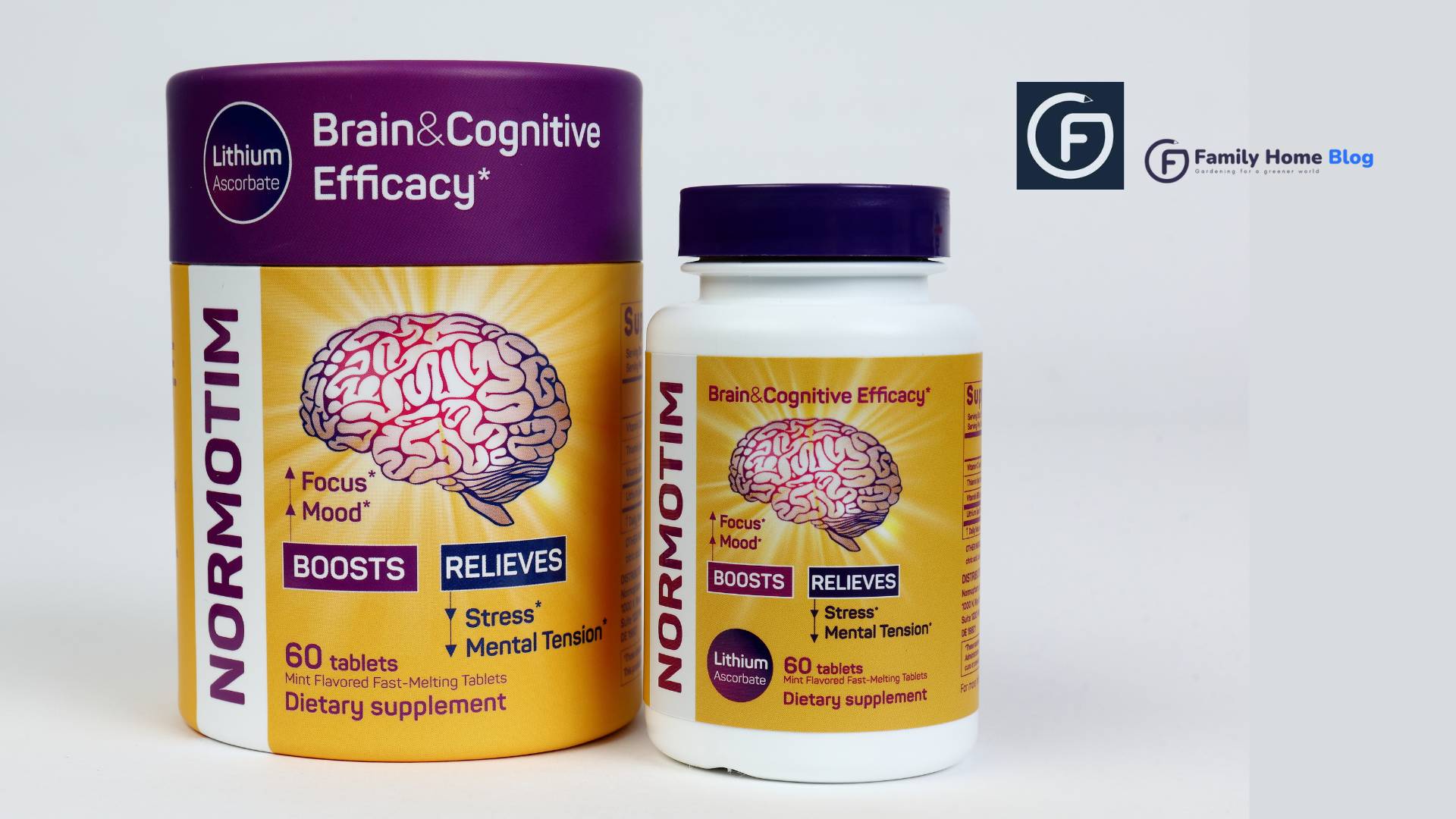It’s no secret that excess weight and depression often go hand in hand. It’s tough to enjoy life when the reflection in the mirror brings you down, your favorite jeans don’t fit anymore, and you can’t flaunt fashionable clothes. Moreover, when excess weight leads to genuine diseases like heart, joint, digestive, and metabolic disorders, depression only deepens. This link between body weight and depression, especially in women, is also supported by numerous scientific studies—about 70% of patients who seek weight loss programs show signs of depression. It seems straightforward: diet, lose weight, and regain the joy of life! However, in practice, it often turns out quite the opposite: depression only intensifies after starting a diet. Why does this happen, and how can it be avoided?
Diet Equals Depression?
It’s well-known that any diet implies certain restrictions in your usual eating habits. Depending on the diet, these restrictions can vary from significantly reducing the variety of food (like mono diets) to a more gentle reduction in usual calorie intake while maintaining a diverse diet (like the Mediterranean diet). Most often, the consumption of carbohydrates and fats is limited. Moreover, inevitably, you have to give up sweets, ice cream, smoked and pickled foods, fast food, and snacks—everything that was pleasurable! With a lack of carbohydrates, the body’s production of the ‘happiness hormone’ serotonin drops significantly, leading many people to experience a notable decrease in emotional well-being. Psychologists even coined a term for this mood disorder—”diet-induced depression.”
Importantly, depression during weight loss isn’t just discomfort. Prolonged poor mood is the most common reason for diet failures, leading to giving up and admitting defeat in the battle against excess weight.
Lose Weight with a Good Mood? There’s a Way!
Can one lose excess pounds without emotional overload? Absolutely! You just need to know one small secret: maintaining emotional stability, stress resilience, and overall good mood is helped by a trace element like lithium. Ideally, we should receive the necessary amount of lithium daily with food and water. However, in modern diets, its content is already minimal, not to mention in a dietary regimen. Even tap and bottled water go through multi-stage purification. Therefore, it makes sense to take lithium additionally. It’s not just a natural mood stabilizer for the body. Lithium also protects brain cells from aging, promotes the regeneration of brain and heart vessels, and even improves cognitive function!
Interestingly, a water source with lithium salts in Tuscany, Italy, is enormously popular. It is said to bestow good mood and vitality on those who bathe in it, earning the nickname “Smile” for its remarkable effects.
Of course, you can’t rush to the Italian source every time your mood dips. Therefore, a convenient and effective way to replenish lithium deficiency is taking a special vitamin-mineral complex like Normotim, which contains the necessary dosage of lithium, as well as B vitamins and vitamin C. Normotim is produced using a unique patented technology that ensures high bioavailability of active ingredients and is sold in pharmacies without a doctor’s prescription.
Lithium Ascorbate in Normotim: Shed Pounds Without Falling into Depression
The lithium ascorbate in Normotim plays a crucial role. This unique combination of lithium and vitamin C, developed by Normopharm, addresses the emotional challenges associated with dieting and weight loss. Lithium ascorbate, thanks to its mood-stabilizing properties, helps mitigate the emotional turmoil often encountered during dietary changes. Furthermore, ascorbate, or vitamin C, is essential in synthesizing neurotransmitters like serotonin, which significantly influence mood and well-being.
The innovative formulation of Normotim, enriched with vitamins B1 and B6, supports the body during times of stress and mental disorders, enhancing its ability to cope. These vitamins are crucial for maintaining energy levels and proper neurological functioning, which are often compromised during dieting.
For those struggling with weight loss and related depression, Normotim offers a scientifically-backed, mood-stabilizing solution that addresses both the physical and emotional aspects of weight loss. It’s a testament to the idea that achieving a healthy weight can be a positive and uplifting journey, without the shadow of depression.
Study Hypothesis
The use of Normotim is hypothesized to reduce stress levels and emotional fluctuations during a weight loss program.
Study Description
A total of 132 overweight individuals enrolled in a psychotherapeutic weight loss program participated in this study. Initially, participants were screened for signs of depression. Subsequently, those displaying depressive symptoms were assigned to one of two groups: an experimental group receiving psychotherapy with Normotim administration and a control group receiving psychotherapy alone.
Study Results
The study was conducted over a period of seven months. A total of 132 individuals participated, of which 92 (69.7%) exhibited signs of depression. In the control group, 46 individuals completed the program, and in the group using Normotim, another 46 completed the program. The results of the analysis are presented in the table.
| Study Groups | Total Number of Participants | Average Age, years | Initial Weight, lbs | After 1 Month: Weight Reduction, lbs | Efficiency, % | After 3 Months: Weight Reduction, lbs | Efficiency, % |
|---|---|---|---|---|---|---|---|
| Experimental Group (with Normotim) | 46 | 38 | 89,3 | 5,3 | 15.2 | 11,9 | 38.4 |
| Control Group | 46 | 41 | 92,7 | 4,6 | 8,6 |
Real People’s Experiences with Normotim for Weight Loss

The journey of weight loss is often fraught with challenges, both physical and emotional. For many, the introduction of Normotim into their regimen has been a game-changer. Here, we’ve compiled genuine feedback from individuals who have used Normotim, not just for its mood-stabilizing properties, but also to aid in their weight loss journey.
- Sarah’s Story: Finding Balance
Sarah, a 35-year-old mother of two, shared how Normotim helped her manage her emotional eating habits. “Before Normotim, my weight loss efforts were always sabotaged by my mood swings and stress eating. Once I started on Normotim, I noticed a significant change in my eating patterns. I was no longer reaching for comfort food every time I felt stressed.” - Mike’s Transformation: Beyond the Scale
Mike, a 42-year-old office worker, highlighted the cognitive benefits that came along with weight loss. “With Normotim, it wasn’t just about losing pounds. I felt more focused and in control. It was easier to stick to my diet and exercise plan because I was less anxious and more mentally clear.” - Anna’s Journey: A New Perspective on Food
Anna, a 28-year-old freelancer, found that Normotim shifted her relationship with food. “I used to have an all-or-nothing approach to dieting, which always led to a cycle of guilt and overeating. Normotim helped smooth out those extreme feelings. I started seeing food as nourishment rather than something to fear or crave uncontrollably.” - John’s Success: Enhanced Motivation
John, a 50-year-old teacher, reported increased motivation. “Before Normotim, I felt too depressed to even start exercising. As my mood improved, so did my energy levels and motivation to live healthier. It was like a domino effect – better mood, better choices, and finally, better health.”
Conclusions
These accounts underline a common theme: Normotim’s role in stabilizing mood and reducing stress can have a significant positive impact on weight loss efforts. While every individual’s experience is unique, these stories provide hopeful insights into the multifaceted benefits of integrating Normotim into a weight management strategy.






